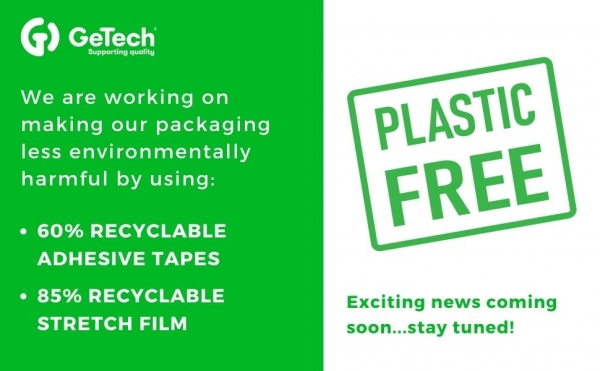This month's new column revolves around a material that has always been present in all shapes and sizes in our lives: plastic.
Plastic is one of the most widely used materials for the production of objects of various kinds. To obtain it, it requires the processing of oil, thus one of the world's major sources of pollution. It is difficult to dispose of such material because of its slow degradability, which also depends on the type. Actually, it can take 100 to 1000 years in deteriorating plastics such as PE (polyethylene) or PVC (polyvinyl chloride).
Since plastic is so prevalent in the composition of per capita waste, the United Nations formulated a legally binding treaty in 2022 to tackle the pollution.
In its Beach Litter 2019 survey, Legambiente explained how much plastic invades our seas: on 400,000 square meters of beaches, about 1,000 pieces of waste were found every 100 linear meters. Marine flora and fauna are greatly affected by pollution: it is not uncommon to find stranded cetaceans contaminated by micro plastics.
Often accused of being a mere marketing slogan, the term Plastic-free is actually a commitment to a more proper use of this material. Rather than eliminating it completely, why not try recycling it?
In the first place, recycling this material is important because it allows it to be reused, in order to avoid producing more. These actions help fighting pollution and preserve the environment.
For this reason, GeTech is striving to use only recyclable material for packaging and shipping; we have always been environmentally responsible, trying to do our best for the planet.
Stay tuned for more news on future plastic-free packaging!

